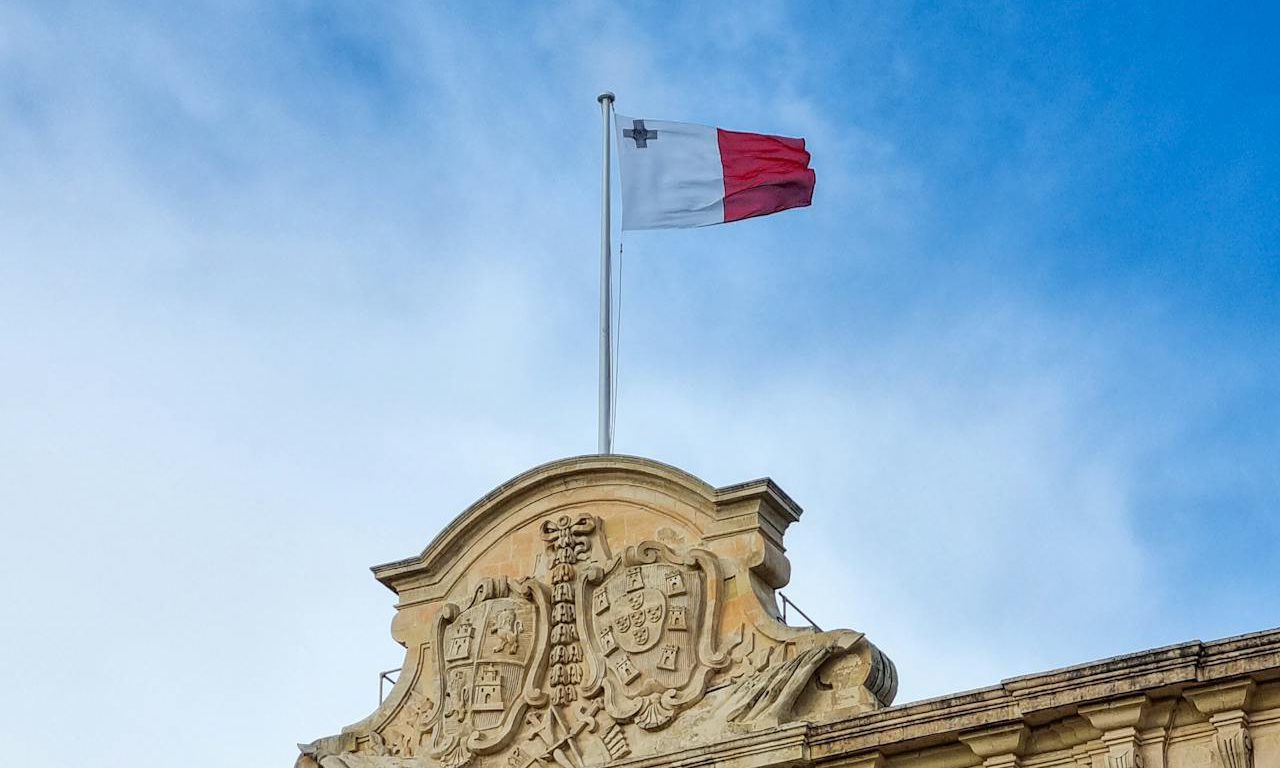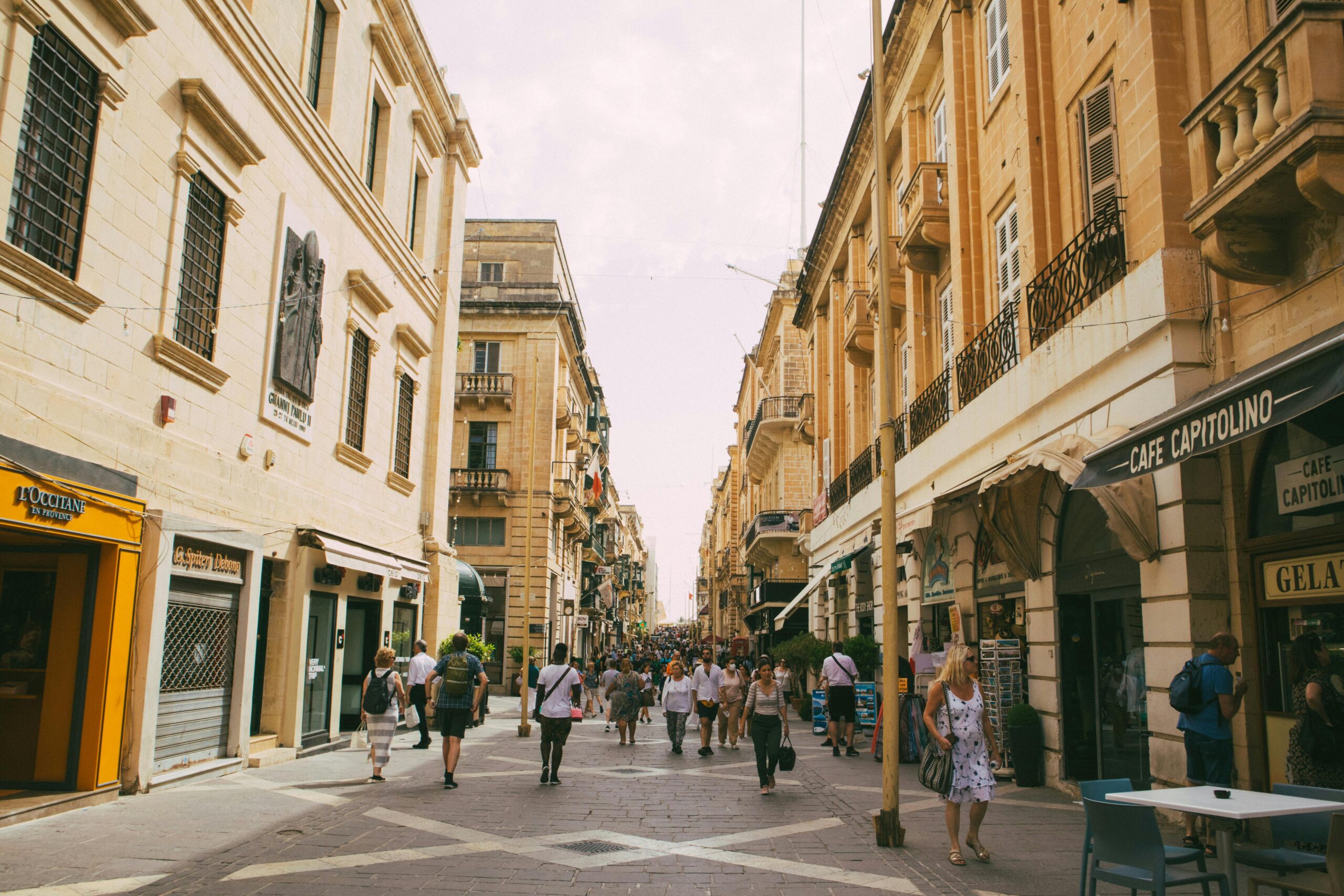In 2022, the non-financial business economy in Malta generated €6.5 billion in gross operating surplus (or profits), according to the National Statistics Office.
Meanwhile, Maltese non-financial businesses paid out €4.9 billion in total employee remuneration (including taxes and social security contributions).
A new release by the NSO looked into Malta’s structural business statistics, delving into the differences in growth, turnover and employment in companies of different sizes operating in different sectors.
Data was collected from companies operating in industry, construction, wholesale and retail trade, mobility, logistics and hospitality service activities, technological solutions, professional and business support activities, community well-being service activities and gambling and betting activities.
The NSO worked off data from 2022.
Predictably, following two years where the COVID-19 pandemic had ripped through the Maltese economy, businesses operating in tourism and hospitality-related sectors registered the largest year-on-year growth.
The largest increase in net turnover was registered in the mobility, logistics and hospitality service activities domain (€2.4 billion), followed by the industry (€1.8 billion) and the technological solutions, professional and business support activities (€1.7 billion) domains.
The technological solutions, professional, and business support activities domain experienced the largest growth in terms of business units, with an increase of 789 units. It engaged 4,718 more employees in 2022 and paid out €224.3 million more in employee benefits expense.
The mobility, logistics and hospitality service activities domain experienced the largest increase in gross investments in tangible non-current assets, with an increase of €965 million over 2021.
The gambling sector, on the other hand, emerges as a big loser, registering the largest drops in net turnover (-€723 million), value of output (-€635.5 million) and gross operating surplus (-€351.5 million) – the latter being equivalent to a 26.3 per cent drop.
These significant decreases came despite an increase in the number of employed persons by five per cent, and an even bigger increase in employment expenses, which rose by €42.4 million, or 9.6 per cent.
The sector with the highest share of SMEs was construction, where micro, small and medium enterprises accounted for 83.4 per cent of the combined gross operating surplus and employee benefits expense.
SMEs were the least dominant in the gambling and betting activities domain with 15.2 per cent.
Malta International Airport closes in on one million passengers in June
Meanwhile, aircraft traffic movement rose by 4.5 per cent year on year
Malta’s population hits 574,250 in 2024, up by 1.9%
Total net migration was at 10,614 persons, the vast majority being non-EU citizens
Service excellence as a cornerstone of Avenue 77 workspace experience
Providing excellent service is a foundational aspect of what makes working at Avenue 77 a great experience






